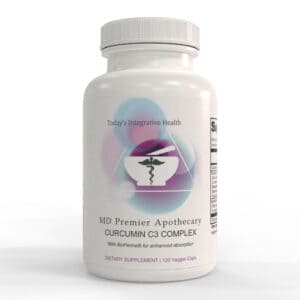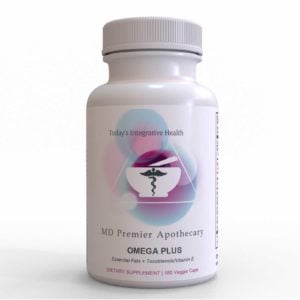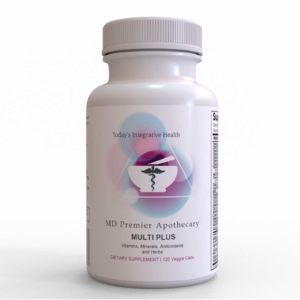If you’ve never heard of essential fatty acids, you may be wondering what they are and why they are important to your health. Essential fatty acids are required to ensure the proper functioning of many of the body’s physiological systems. Since humans can’t synthesize them on their own, they have to be obtained from dietary sources. Ensuring that your intake and proper ratio of essential fatty acids is adequate can be a huge step in working towards optimal health, as essential fatty acid deficits can result in a variety of health issues. Dr. Leo can help you ensure that your diet is providing your body with an adequate amount of essential fatty acids.
What Are Essential Fatty Acids?
Essential fatty acids were named as such to show the importance of their relationship to human life. Since humans can’t synthesize them in their bodies, their consumption from dietary sources is required in order to meet the body’s biological demands. There are two primary types of essential fatty acids: linoleic and alpha-linolenic acid. The fatty acids can be converted into other longer-chained fatty acids that help regulate the body’s processes. It’s important to intake adequate levels of EFAs to ensure good health.
Alpha-linolenic acid is known as an omega-3 fatty acid, and linoleic acid is known as an omega-6 fatty acid. Fatty acids in each of these two categories may be converted from each other, but they cannot cross categories. A typical American diet usually contains an abundance of omega-6 fatty acids, as they are abundant in foods such as plant-based oils, eggs, poultry, and grains. Omega-3 fatty acids are not as abundantly consumed, as they are mostly present in cold water fish.
Benefits of Essential Fatty Acids
Just like other lipids, essential fatty acids make their way to the small intestine where they are extracted, absorbed, and then circulated through the body. Once they are sent into the cells, they serve various functions in the body. They can be neuro-protective as they may regulate neuronal firing, and they can also provide anti-inflammatory effects. When there is a deficiency in the body, a variety of medical problems can occur. Taking higher doses of essential fatty acid supplements has been linked to cardioprotective benefits. Chronic inflammation has been linked to cardiovascular disease, and the essential fatty acids’ anti-inflammatory effects may help calm inflammation in the body.
In cultures that largely consume foods that are high in omega-3s, there has been evidence of a lower incidence of dementia. It’s believed that supplementation with essential fatty acids may offer protective effects against future dementia. Research studies have also shown that supplementing with essential fatty acids may help those suffering from ADHD, bipolar, depression, and other mental and emotional conditions.
Sources of EFAs
It’s important to be aware of the omega-6 to omega-3 fatty acids ratio, as a higher ratio has been linked to inflammation and chronic disease. Our ancestors ate almost an equal amount of omega-6 and omega-3 fatty acids, and generally had good health. Today’s standard American diet contains significantly higher amounts of omega-6s with a ratio of around 17:1. Some good sources of omega-6 essential fatty acids include:
- Walnuts
- Safflower oil
- Tofu
- Hemp seeds
- Sunflower seeds
- Peanut butter
- Avocado oil
- Eggs
Women and men 19-50 years of age require 12 and 17 grams of omega-6 fatty acids per day, respectively. To make sure you have a good ratio of omega-6 to omega-3s, it’s a good idea to eat omega-6 foods in moderation and also pair them with omega-3 fatty acid foods like seeds, nuts, and fatty fish.
Related Products
-
 MDPA Curcumin C3 Complex (120 Capsules)$56.00 — available on subscription
MDPA Curcumin C3 Complex (120 Capsules)$56.00 — available on subscription -
 MDPA Omega Plus (180 Capsules)$50.00 — available on subscription
MDPA Omega Plus (180 Capsules)$50.00 — available on subscription -
 MDPA Multi Plus (120 Capsules)$42.00 — available on subscription
MDPA Multi Plus (120 Capsules)$42.00 — available on subscription
Let Us Help You
If you’re not sure that your body is getting adequate amounts of essential fatty acids, we can help. Our knowledgeable staff at Today’s Integrative Health can get you on track. We are located at 6321 Executive Blvd, Rockville, MD 20852, in the Executive Office Park. We look forward to helping answer any questions you may have!













